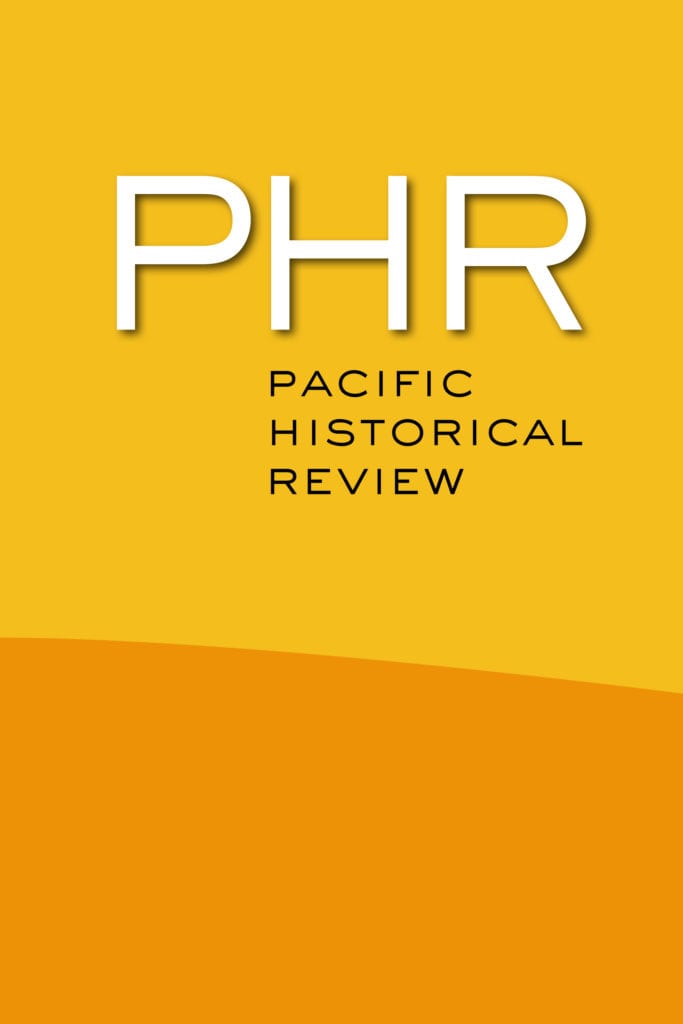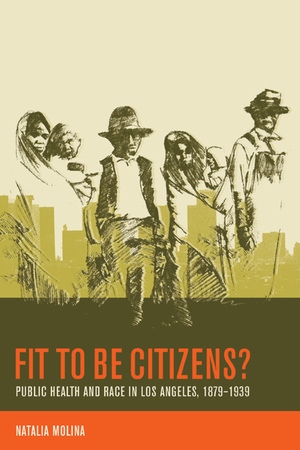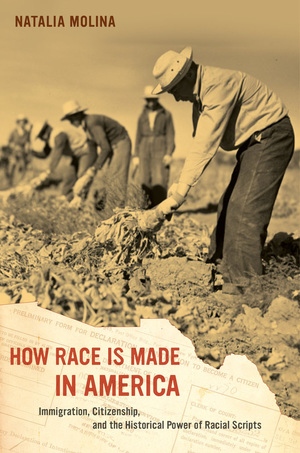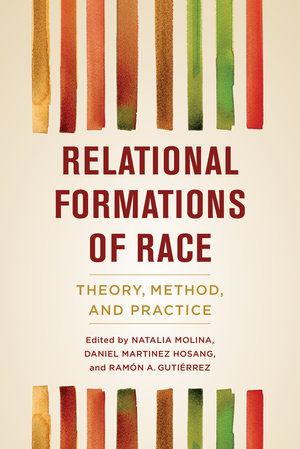
UC Press is thrilled to share that USC professor and UC Press author Natalia Molina has been named a 2020 MacArthur Fellow.
Each year, the MacArthur Fellowship, which includes a $625,000 stipend, is awarded “to extraordinarily talented and creative individuals as an investment in their potential . . . [the recipients] may use their fellowship to advance their expertise, engage in bold new work, or, if they wish, to change fields or alter the direction of their careers . . . Indeed, the purpose of the MacArthur Fellows Program is to enable recipients to exercise their own creative instincts for the benefit of human society.”
As a professor American studies and ethnicity at USC, Natalia Molina has spent her career studying race, citizenship, and the experiences of immigrants in the U.S. The MacArthur Foundation honors her work for “revealing how narratives of racial difference that were constructed and applied to immigrant groups a century ago continue to shape national policy today.”
A veteran UC Press author, Natalia Molina has published three books with the Press.
Published in 2006, the meticulously researched and beautifully written, Fit to Be Citizens? demonstrates how both science and public health shaped the meaning of race in the early twentieth century. Through a careful examination of the experiences of Mexican, Japanese, and Chinese immigrants in Los Angeles, Natalia Molina illustrates the many ways local health officials used complexly constructed concerns about public health to demean, diminish, discipline, and ultimately define racial groups. She shows how the racialization of Mexican Americans was not simply a matter of legal exclusion or labor exploitation, but rather that scientific discourses and public health practices played a key role in assigning negative racial characteristics to the group. Molina’s compelling study advances our understanding of the complexity of racial politics, attesting that racism is not static and that different groups can occupy different places in the racial order at different times.
Molina’s next book, How Race Is Made in America, examines Mexican Americans—from 1924, when American law drastically reduced immigration into the United States, to 1965, when many quotas were abolished—to understand how broad themes of race and citizenship are constructed. These years shaped the emergence of what Natalia Molina describes as an immigration regime, which defined the racial categories that continue to influence perceptions in the United States about Mexican Americans, race, and ethnicity.
Here Molina introduces and explains her central theory, racial scripts, which highlights the ways in which the lives of racialized groups are linked across time and space and thereby affect one another. How Race Is Made in America also shows that these racial scripts are easily adopted and adapted to apply to different racial groups.
Last year, we published Relational Formations of Race, which was co-edited by Molina. Relational Formations of Race brings African American, Chicanx/Latinx, Asian American, and Native American studies together in a single volume, enabling readers to consider the racialization and formation of subordinated groups in relation to one another. These essays conceptualize racialization as a dynamic and interactive process; group-based racial constructions are formed not only in relation to whiteness, but also in relation to other devalued and marginalized groups. The chapters offer explicit guides to understanding race as relational across all disciplines, time periods, regions, and social groups. As the United States shifts toward a minority-majority nation, Relational Formations of Race offers crucial tools for understanding today’s shifting race dynamics.

In addition, Molina has published two articles in the Pacific Historical Review, a journal that UC Press publishes in partnership with the Pacific Coast Branch of the American Historical Association. “Examining Chicana/o History through a Relational Lens” argues that we should examine Chicana/os in relation to other racialized groups in order to develop a fuller understanding of how racial categories form and operate. The article highlights different models of relational work by examining key works in Chicana/o history that have employed such a relational methodology. “‘In a Race All Their Own’: The Quest to Make Mexicans Ineligible for U.S. Citizenship” traces challenges to Mexicans’ legal and racial status by various groups, including federal bureaucrats, nativist organizations, and everyday citizens. In celebration of the MacArthur announcement, we are pleased to make both of these articles free to read for a limited time.
We’re proud to publish Molina’s ground-breaking scholarship. To read more about her MacArthur Fellowship and the award, visit the MacArthur Foundation website.


